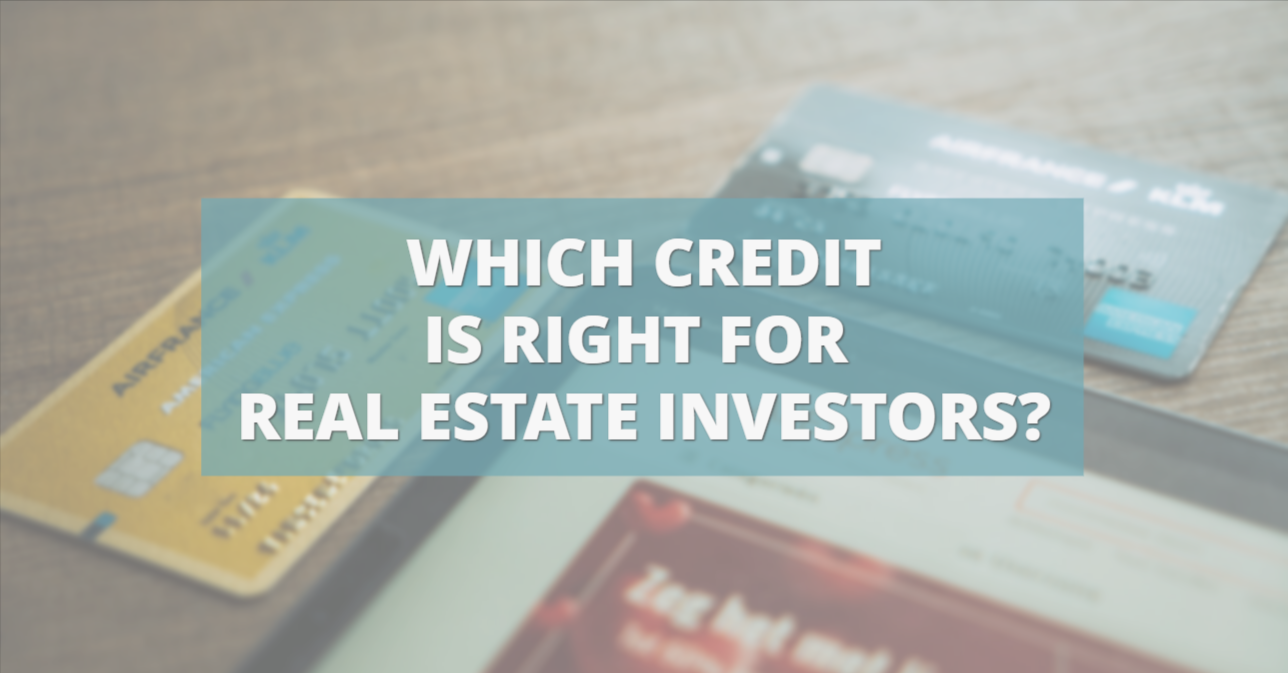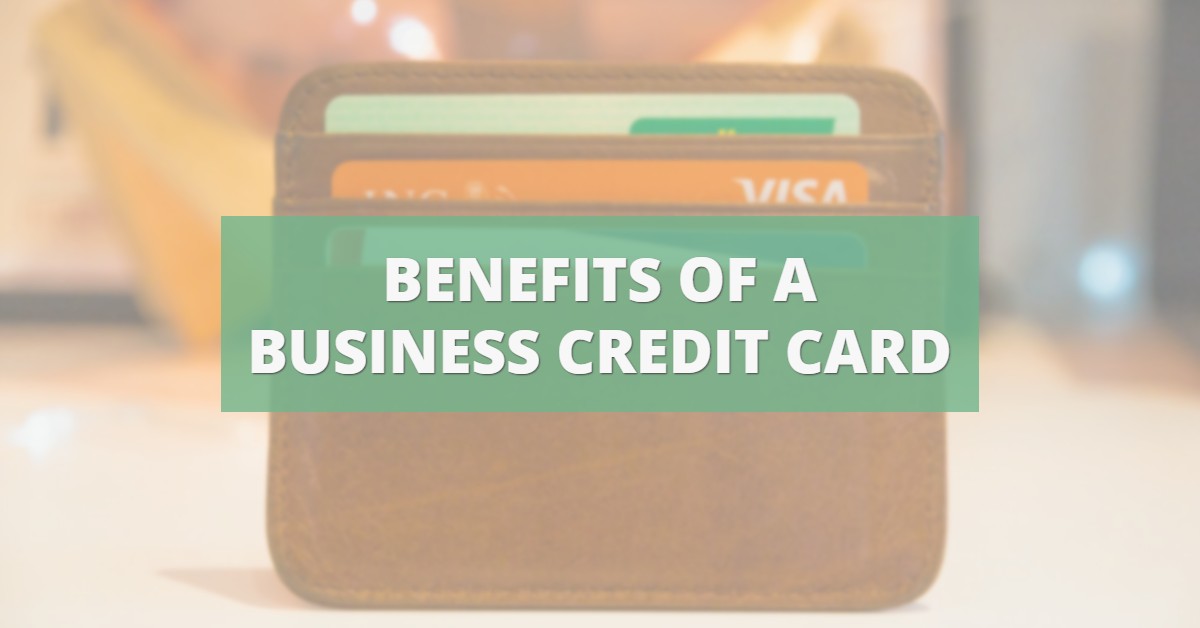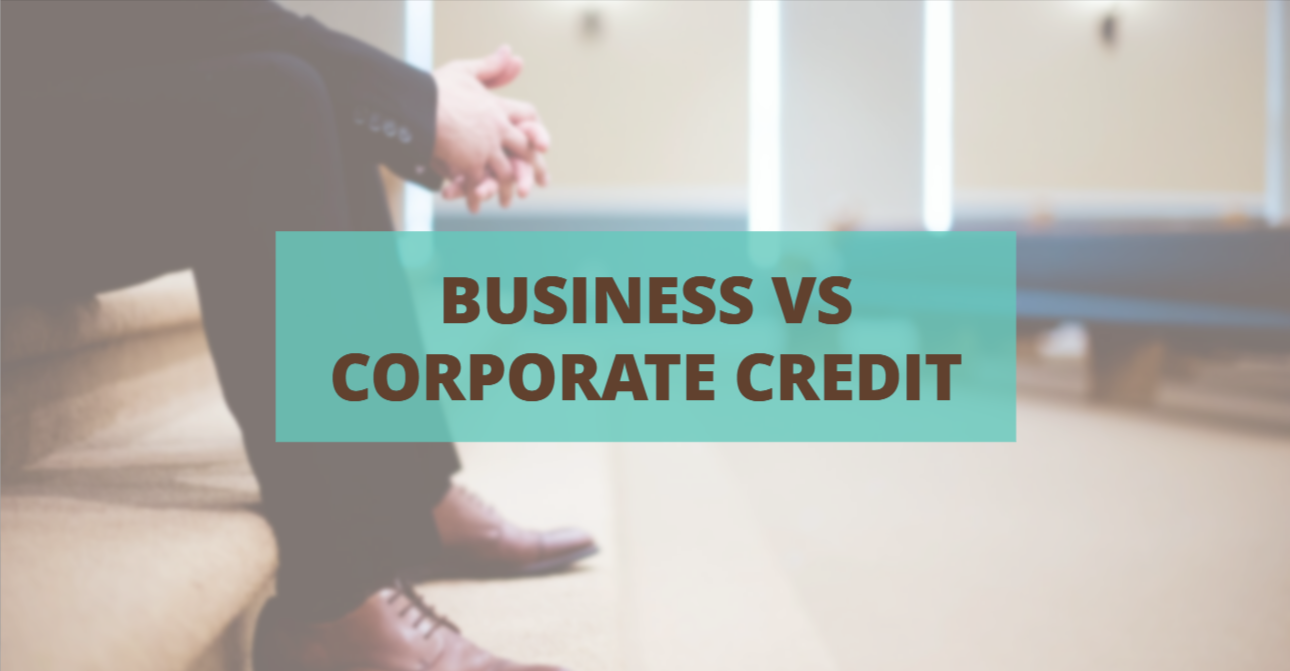Here are two solutions to get out of the bad credit cycle.
You might think of your credit score as a track record – something that describes your past.
But in the real estate investing business, your credit score is a bit more like a crystal ball – something that decides your future.
Your credit score determines what interest rates you qualify for, what amount a bank is willing to lend you, and whether traditional financing is available to you at all.
And unfortunately for real estate investors, there’s a nasty credit trap you can fall into.
Let’s talk about what this bad credit cycle is, how it impacts investors, and how you can get out and stay out of it.
A Real-Life Example of the Bad Credit Cycle
We get calls about this bad credit trap almost daily. Let’s go over the story of one client.
They were going for a DSCR loan. They owned the property free and clear – except they had put all the repairs on their personal credit cards, which they still owed. It’s not uncommon for investors to use credit cards to cover the rehab costs of a flip. In this case, they ran around $40,000 on the cards.
So they went to get their DSCR refinance of up to $210,000 on this property that was worth over $300,000. The LTV looked good, everything was checking out, and they actually got pre-qualified before they did all the work and got the tenants in the property.
Then the problem: their points rose from 1 to 3%. Their interest rate went from mid-7s to over 9.6%. Their LTV jumped from 70% down to 65%.
Why? Those credit card balances were on their personal cards, so it impacted their personal credit. The bad credit score impacted their rate and fees. Now, for this refinance they had already qualified for, they now owed over $6,000 in points alone.
What Is the Bad Credit Cycle?
On flips and BRRRRs, we see this credit cycle happen over and over again.
Investors put the fix-up costs (business expenses) on personal cards. This drives up the balances, and so increases credit usage, and so lowers their personal credit score.
In the earlier example, our client fully intended to use the money from the refinance to pay off the credit card balances. But they can’t get the refinance until the cards are paid off. This is the cycle.
In most instances, you expect to pay the personal cards off with the refinance. But when you go to refinance, you get the unexpected surprise that your credit score doesn’t qualify. In our client’s example, he had actually pre-qualified, but the rate and fees had changed drastically due to the bad credit score.
If this client had accepted the terms of that refinance, he’s going to get less cash out to pay off the cards and put into his next project. The next property will have hefty out-of-pocket closing costs. With all these extra costs, his real estate investing career will slow to a standstill, and he’ll be more dependent on the personal credit cards than ever.
Stopping the Bad Credit Cycle
High personal credit card usage → Bad credit score → No loan, or a loan with unfavorable terms → No or less cash out to pay off the cards → Difficulty getting a loan for the next project
What does this cycle start with?
High usage on personal credit cards.
So there are two solutions we recommend: 1) fixing the high usage, and 2) not using personal credit cards. Here’s how to do both.
Fixing High Usage with a Usage Loan
This is how we helped our client. He had the $40,000 on his personal credit cards reporting on his credit, so we gave him a $40,000 usage loan that does not report on his credit.
The $40k loan from us is secured by another piece of property, or he could have gotten a loan from a friend or family member that also wouldn’t report.
He uses the loan to pay down all the credit cards. Because usage makes up 30% of your credit score, lowering your usage will likely improve your score within 30 to 60 days.
Once our client has used the loan in this way, his score went from 680 back up to 720. He can get the DSCR loan with a half point rather than 3 points, saving him thousands of dollars on the transaction.
Using a Business Card for Real Estate Costs
The usage loan is the fix-it-quick solution. The long-term solution for this bad credit cycle is to use a business credit card for all costs associated with your real estate investing career.
The only difference between a business and a personal card is that it’s in your business’s LLC, and it doesn’t report to your personal credit.
So going forward, as our client uses his cards for future projects, it won’t affect his personal credit score or future financing, since he’ll now use his business cards.
Be aware that you’re getting the right business credit card. Some still report to personal credit, like Capital One.
How to Fix Your Credit
Stop spinning in this credit cycle. Let’s get you back on track.
If you need options to get out of this trap, we could help you with secured lines to pay off those credit cards and getting in the right business cards so this doesn’t happen. Just reach out at Info@TheCashFlowCompany.com.
Want more information about real estate investing in general? Check out our YouTube channel.




